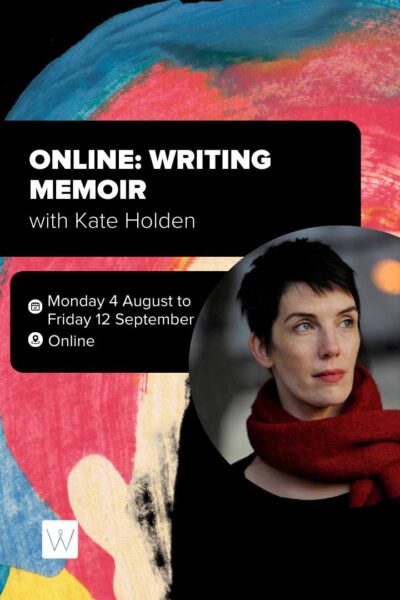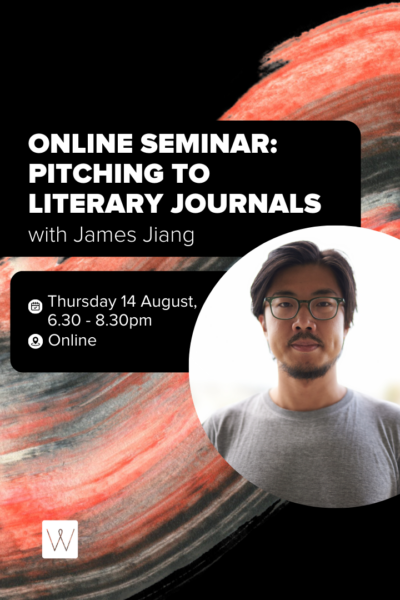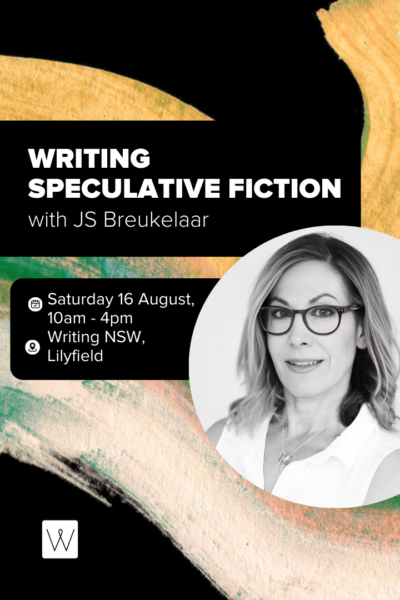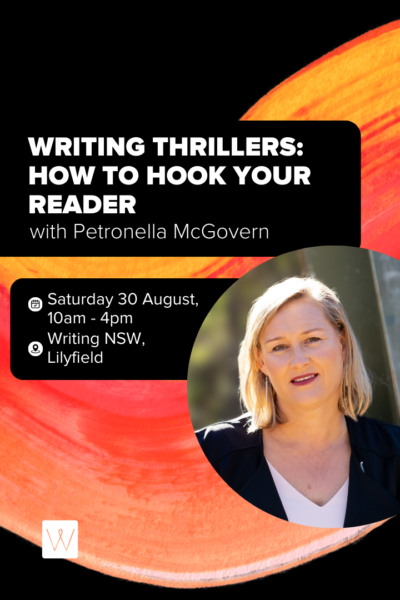Online: Editing for Writers
 Pamela Hewitt
Pamela Hewitt
1 November to 10 December, online
Full Price: $660
Member: $495
Conc Member: $430
If you’re interested in finding out when this course runs again, sign up for our Newsbite weekly newsletter for updates. In the meantime, check out our list of current courses.
You’ve written the end on the last page of your manuscript. Now what?
This online editing course with Pamela Hewitt walks you through the next part of the journey. We analyse structural, style and presentational problems, exploring strategies to improve them. We go behind the scenes, demystifying the editing process and providing practical techniques for taking your text to the next stage of writing quality. We investigate the levels of editing, and how to identify and deal with common issues in unpublished manuscripts. We also take a realistic look at trends in editing for digital publishing. You will return to your manuscript with new eyes and fresh ideas.
Is this online course right for you? Read our FAQ before enrolling>>
This six-week online editing course with Pamela Hewitt is aimed at writers of fiction and non-fiction who wish to develop their editing skills and techniques, and apply it to their work.
It is designed for writers who want to improve their manuscripts with an aim to secure a publishing contract or self-publish. Using practical examples and sample texts, participants will learn what is needed to present a professional manuscript in a competitive and globalised publishing industry. Participants will receive resources for further skill development and weekly feedback on course topics.
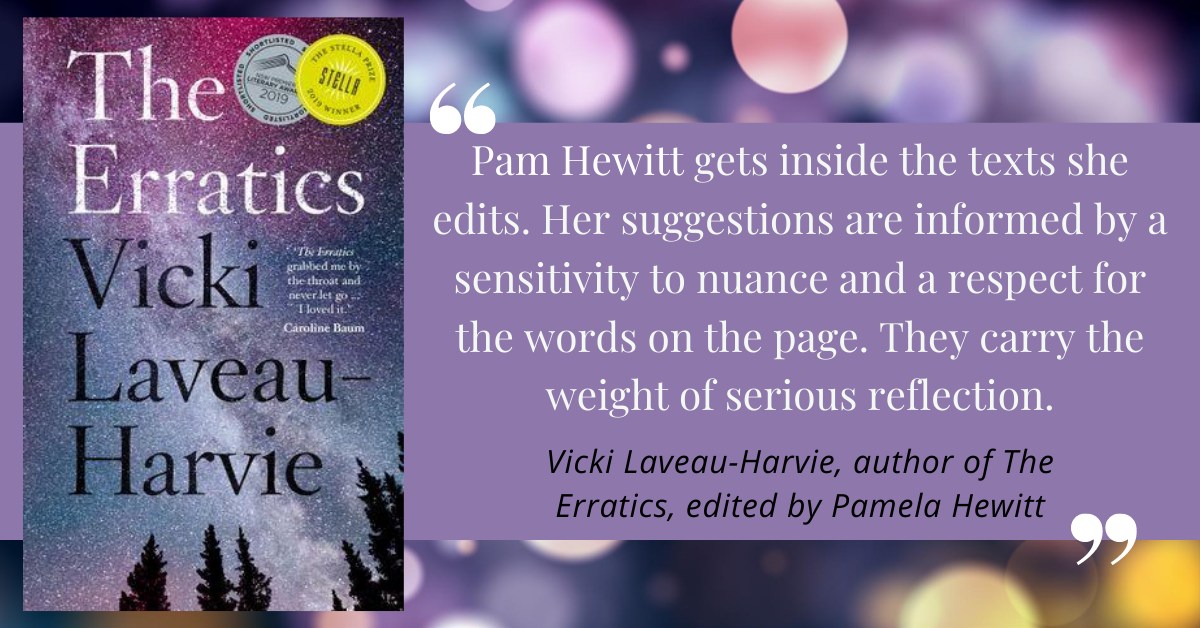
Week-by-Week Course Breakdown
Week 1: Proofreading and copyediting
Proofreading is much more than correcting spelling mistakes and the placement of commas. Good copyediting tightens language and increases your chances of finding a publisher and readers. This lesson introduces the fundamentals of these processes.
Week 2: Structural editing
When you restructure a piece of writing, the whole text is up for grabs. Structural editing is a creative means of reimagining the shape, balance and flow of a text. In this lesson, we also consider sensitivity editing for diverse readers.
Week 3: Plain and simple
Like food, language appeals most when it’s fresh and varied. Whatever the writing technique, there is a relationship between clear writing and clear thinking. We also look at brilliant exceptions to the precepts of plain English approaches.
Week 4: Brave new world of digital media
The screen is different from the page and so editing techniques need to be targeted to both format and device. We look at ground-breaking developments in writing for digital media and the skills writers need to keep up with digital publishing developments.
Week 5: Grammar and punctuation for writers
This lesson takes the anxiety out of grammar and punctuation and provides the tools and confidence to avoid common mistakes. We also consider ways grammar is evolving and analyse contemporary trends in punctuation and presentation of manuscripts.
Week 6: Edit your story
The final week ties together all that we’ve learnt using excerpts from specific genres. Participants will also receive tailored feedback on editing solutions. They can choose an excerpt of their own writing or a sample text to identify problems and find ways to improve the draft.
This interactive online course has limited places. Book early to avoid missing out.
Expected Learning Outcomes
Participants will:
- Develop the skills to approach fiction and non-fiction texts with the eye of a professional editor, including differentiating the three main levels of structural editing, copyediting and proofreading.
- Identify the flaws most commonly encountered in unpublished texts and develop techniques to improve them, enhancing readability and publishability.
- Enhance skills as writers operating in a globalised, digital media environment.
Participant Requirements
- Participants should have a complete draft of a fiction or non-fiction manuscript.
- Participants should have a high level of language skills and at least basic competency in Microsoft Word or Word:Mac.
- This course runs completely online, so you will need to be confident using basic computer software and have access to a reliable internet connection. There are no live meetings. Read our FAQ before enrolling>>
More from Writing NSW
Check out our full range of online writing courses and our feedback programs to see how we can help you on your writing journey. Find out about our writing groups across NSW, and sign up to our weekly newsletter for writing events, opportunities and giveaways.


